
As we grow older, our bodies do not serve us well as they did while we were young. Thus, small malfunctions start appearing more often and we are faced with a lack of previously present movement coordination and control. Thus, we are likely to fall more often. However, this can be prevented by knowing the right techniques and being capable of using them.
Do Not Fall
If you notice that you have been falling more than usually lately, schedule an appointment with your doctor. Take the medications you are taking with you, so that you can give your doctor information on the subject. Some medications have side-effects which can manifest through falling. Thus, it is crucial that your doctor rules these situations out or treat them properly if these are present. Sedatives and antidepressants are the most common type of medications leading to falling.
Also, make sure you give your doctor insight regarding the frequency of your falling occurrences. Try and remember situations where you stumbled, almost fell or needed help in order to stay uninjured.
Finally, take your health into consideration and think whether a certain underlying condition you are suffering from might have caused the falling as well. For example, vision problems may trigger accidents during the night. Also, if you feel pain, joint aches, dizziness, or any other such problems during your walking, report them to the health specialist.
Make the Change
If you are falling often, your body is not in its best condition. Thus, you will need to stay active and exercise a bit more in order to regain control over your movements and coordination. Yoga, meditation, tai chi, swimming, cycling or simple walking sessions, all can help you get better. Stay physically active and, alternatively, exercise while being monitored by a personal trainer or a therapist.
Your shoes can make all the difference between standing and falling. Slick soles, loose slippers, high heels and many other footwear characteristics can throw you to the ground. So, buy the footwear fitting you perfectly and choose sturdy but comfortable shoes which are not extra thick. Laces are always a better solution than slip-ons and quality is always more important than fashion.
Also, make sure that your dwelling does not add to your risk of falling. If you have dangerous objects lying around your house, remove them or fix them. This goes for loose carpets, spilled liquids, small coffee tables etc.
Your dwelling needs to be well lit, allowing you perfect vision and visibility at any time of the day or night. The light switches need to be visible and the light bulbs have to be strong enough to provide adequate illumination.
Finally, if your falling problems manifest in certain situations, prevent them by installing handle bars, raised toilet seeds, armrests, seats and other objects which will give you security and prevent falls from happening. Paying an occupational therapist a visit is also an excellent way of seeking effective help in these situations.






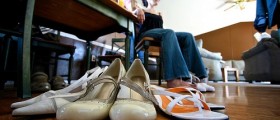

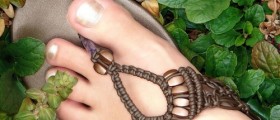

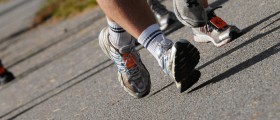


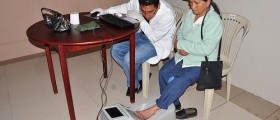
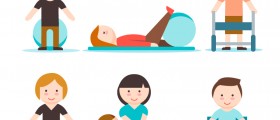
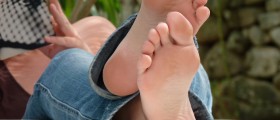

Your thoughts on this
Loading...